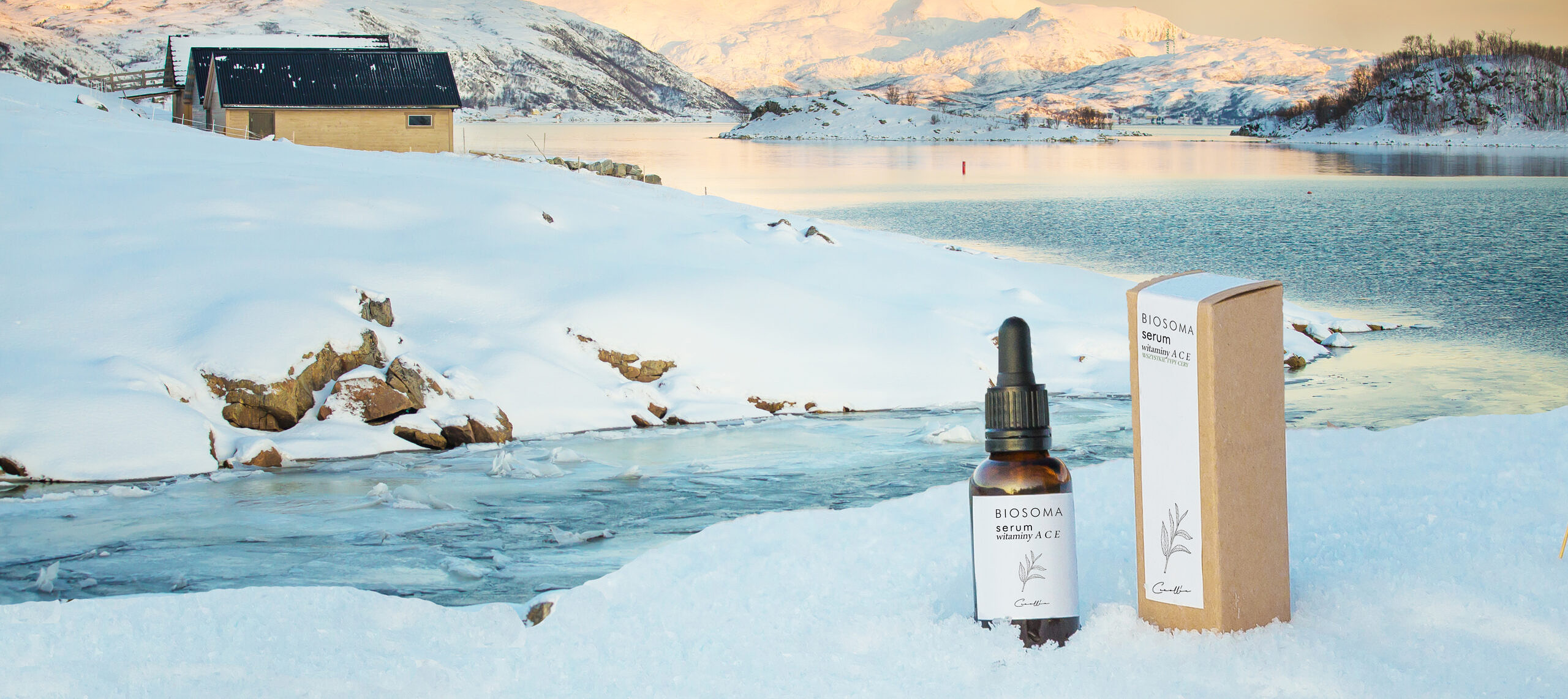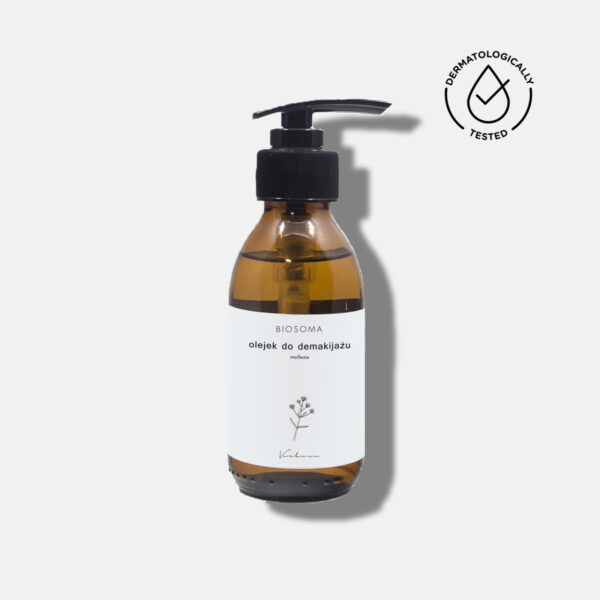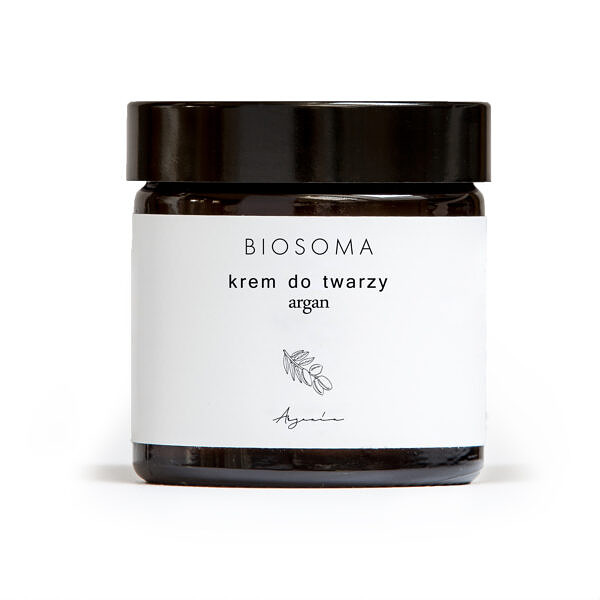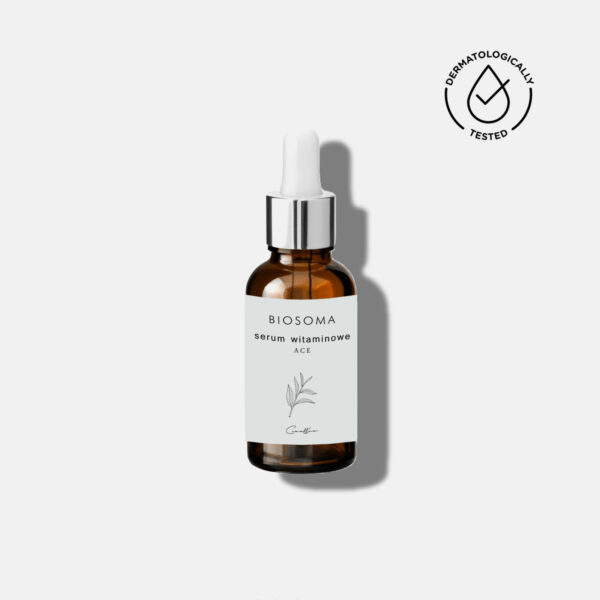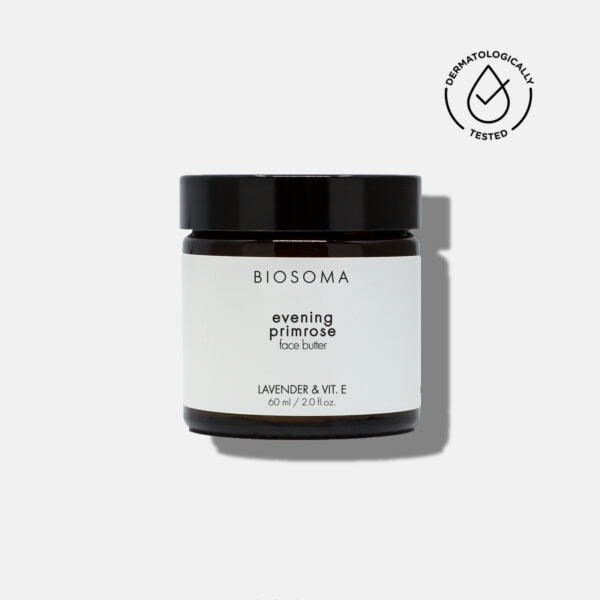Vitamin E – the vitamin of youth
1. The importance and benefits of vitamin E in skin care and who should (and who should not) use it.
Of the many skin care ingredients available, vitamin E is by far one of the most common. It is found naturally in our bodies and in certain foods. And if you look closely, you’ll probably find it in many skin care products already in your medicine cabinet – serums, moisturizers, eye creams….
You may have even tried taking vitamin E in the form of supplements. But what exactly is vitamin E and what can it do for your skin? Here I will outline all things related to vitamin E 😉
2 What is vitamin E?
The term vitamin E actually refers to a group of antioxidant compounds that are soluble in oils. There are about eight different forms of it, but tocopheryl acetate and tocopherol are most commonly found in skin care products.
In other words, although there are technically eight chemical forms, when you see “vitamin E” on a skin care package or supplement, it’s almost always tocopherol. According to the National Institutes of Health (NIH), it is the only form of vitamin E that meets “human requirements.” So if you see the term “tocopherol” in the ingredient list of your favorite serum or moisturizer, it means vitamin E.
3. how does vitamin E affect the skin?
Topically, it can be very helpful in treating many skin conditions and in repairing the skin. It helps in cellular reconstruction, promotes healing of scars and burns. But how does vitamin E work on the skin? What is the mechanism?
A quick reminder of why antioxidants (here we are talking about vitamin E) are so important to our health, topically and internally: They prevent oxidative damage to cells by helping to remove free radicals (the “bad guys”).

Free radicals seek to destabilize, ready to rip an electron from anything in its path, including DNA, skin proteins, connective tissues and cell membranes. The more you can “quench” free radicals, the better your skin will be protected.
Vitamin E fights free radicals on the skin that result from environmental factors such as sun exposure, air pollution….
In addition, it has a moisturizing and healing effect, helps strengthen the skin barrier function, and is a natural anti-inflammatory, so it can also have a soothing effect.
4 Who should use vitamin E on their skin and who should avoid it?
Vitamin E is usually not indicated for hypersensitive, very oily or acne-prone skin. Although very rare, topical vitamin E can also act as an allergen, causing irritation, itching and even a rash. Scientists are still not sure what causes some people to become allergic to it. Some dermatologists compare it to a peanut allergy (when analyzing the exact compositions of tocopherols, I noticed that they are usually “tainted” with peanut oil… so maybe it’s the oil that sensitizes??).
However, for the vast majority, vitamin E can bring great benefits to the skin. Since vitamin E is oil-soluble (meaning it can be delivered through or as oil), incorporating it into your skin care routine with oils and moisturizers is one of the best ways to use this ingredient.
When vitamin E is combined with vitamin C, they are even more effective as partners! Therefore, I introduce them together in my cosmetics.
If you are just starting to use vitamin E or your skin is sensitive, try it on a small patch of skin first.
